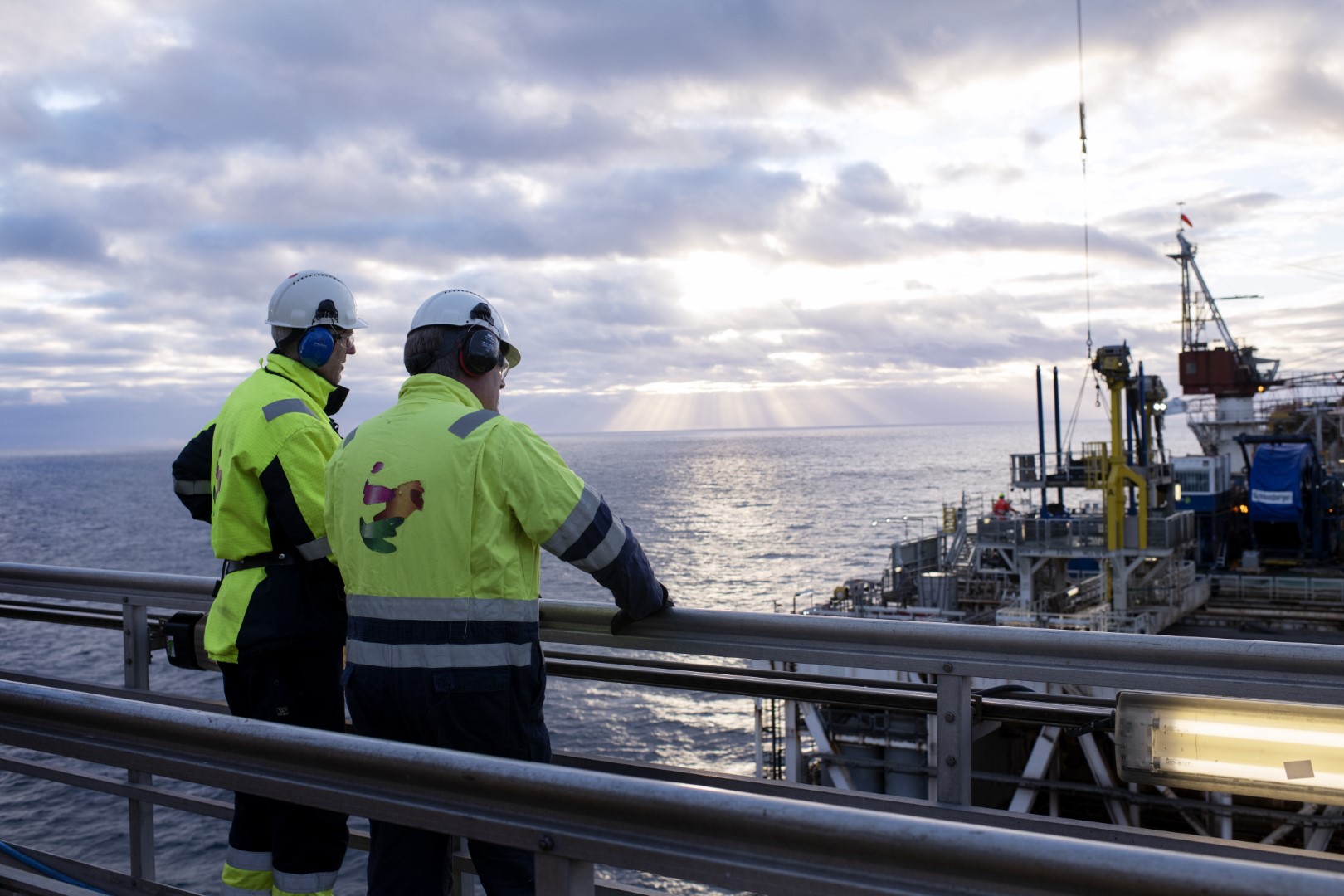Aker BP’s approach to human rights
Aker BP’s commitments to respect fundamental human rights and decent working conditions are set forth in our Code of Conduct and are further reiterated in our Human Rights policy.
To continuously improve our human rights efforts and avoid adverse impact on fundamental human rights and decent working conditions, we conduct human rights due diligence in order to identify risks related to our operations.
Aker BP operates in Norway, which is defined as a country with a general low risk for adverse impact on human rights and decent working conditions linked to business activities. However we are mindful of the potential negative impacts from our operations and in our supply chain.
Governance policies
A risk-based approach to adverse impact on human rights allows us to set the priorities for our work and address the risks that are highest.
More information about our human rights work can be found in our sustainability report.
Sustainability reports
| Sustainability report 2022 | |
| Sustainability report 2021 | |
| Sustainability report 2020 | |
| Sustainability report 2019 | |
| Sustainability report 2018 | |
| Sustainability report 2017 |
Awareness and cross-industry collaboration
Aker BP contributes to promoting respect to human rights by engaging with partners, contractors and suppliers.
Aker BP is a member of the cross-industry collaboration initiative on human rights – Collabor8.
The initiative is managed by Offshore Norge, which is the professional body and employer’s association for oil and supplier companies. This initiative aims at assisting participating companies in improving worker welfare in line with the UN Guiding Principles on Business and Human Rights, the OECD Guidelines for Multinational Enterprises and the fundamental conventions of the International Labour Organisation (ILO).
Being a member of this initiative allows Aker BP to share our experiences working with human rights and labour standards in supply chain with other operating companies and to share results of human rights due diligence with peer companies.
Human rights due diligence in supply chain
Aker BP conducts human rights due diligence on its suppliers in line with the principles set forth in the United Nations Guiding principles on business and human rights (UNGPs) and the OECD guidelines for multinational enterprises.
Human rights due diligence is an ongoing process aimed at identifying, preventing, mitigating and accounting for adverse human rights and decent working conditions connected with the production of goods and the provision of services directly or indirectly for Aker BP.
In our efforts to safeguard human rights and decent working conditions in the supply chain, we work proactively towards the elimination of forced and child labour and discrimination, as well as respecting the freedom of association and improving the working conditions of workers.
Based on our risk assessment, Aker BP has defined the following areas for prioritization in our human rights due diligence for 2022-2023:
- Marine construction and installation services
- Construction of fixed oil & gas facilities
- Drilling & well services
Expectations of suppliers
Aker BP aims to work with suppliers in a way that creates favourable conditions for delivering goods and services safely, at the right time, agreed cost and in accordance with our expectations.
We work continuously to improve cooperation with our suppliers.
We expect our suppliers to act and operate in accordance with Aker BP’s standards in HSSEQ, human rights, ethics and corporate social responsibility.
Raising a concern
Aker BP welcomes the raising of concerns by third parties.
Our whistleblowing policy and procedure for handling of integrity reports allows for raising of concerns anonymously. You can report concerns about adverse impact on human rights and decent working conditions.
Information
For further information contact us at: humanrights@akerbp.com.
